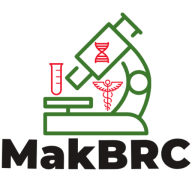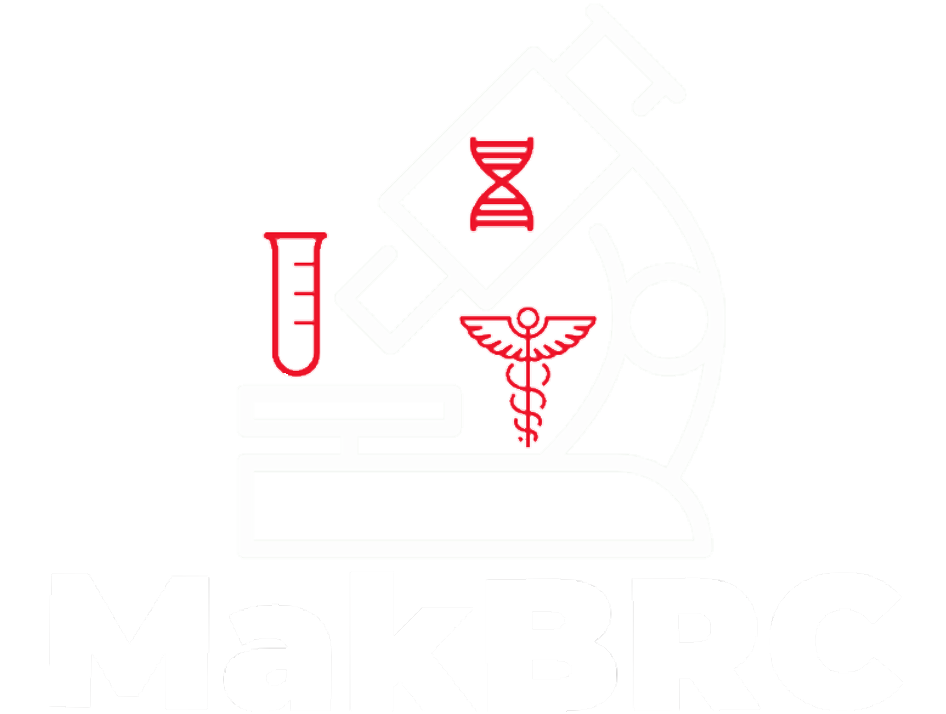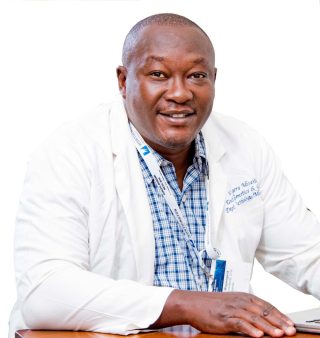An open-source public database for all cough TB recordings which future researchers and the public can utilise and develop more tools that can address the TB burden through cough sounds.
CageTB has a focus in Automated smartphone-based cough audio classification for rapid tuberculosis triage testing (Cough Audio triaGE for TB) CAGE-TB.


